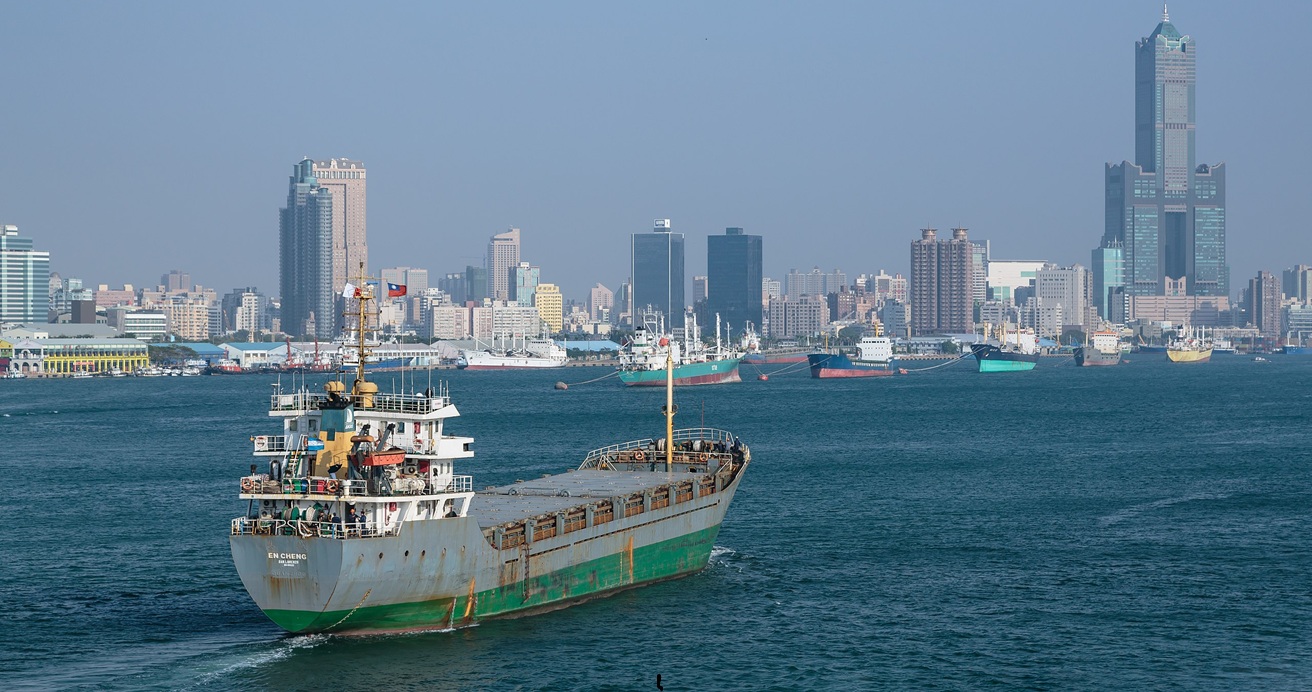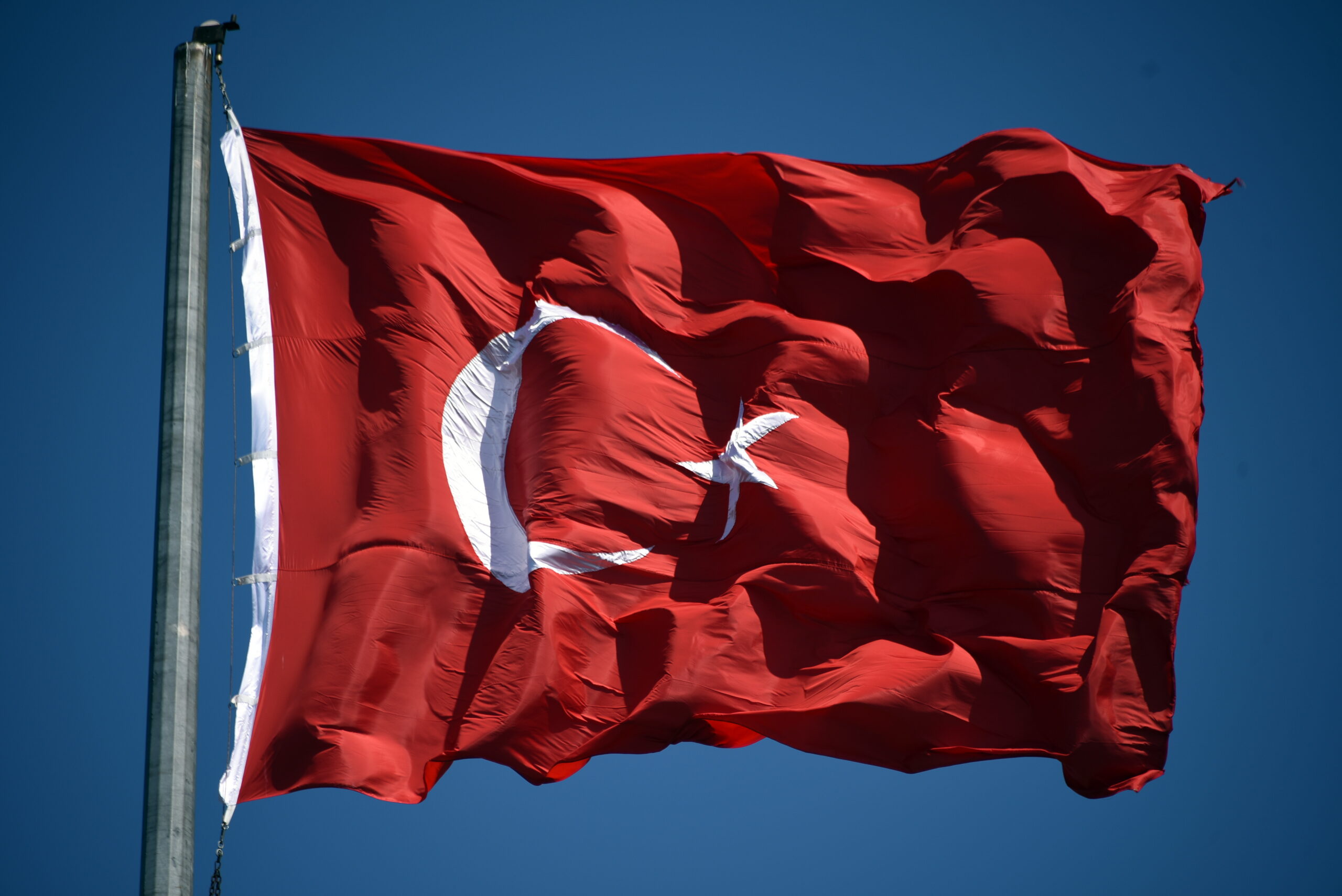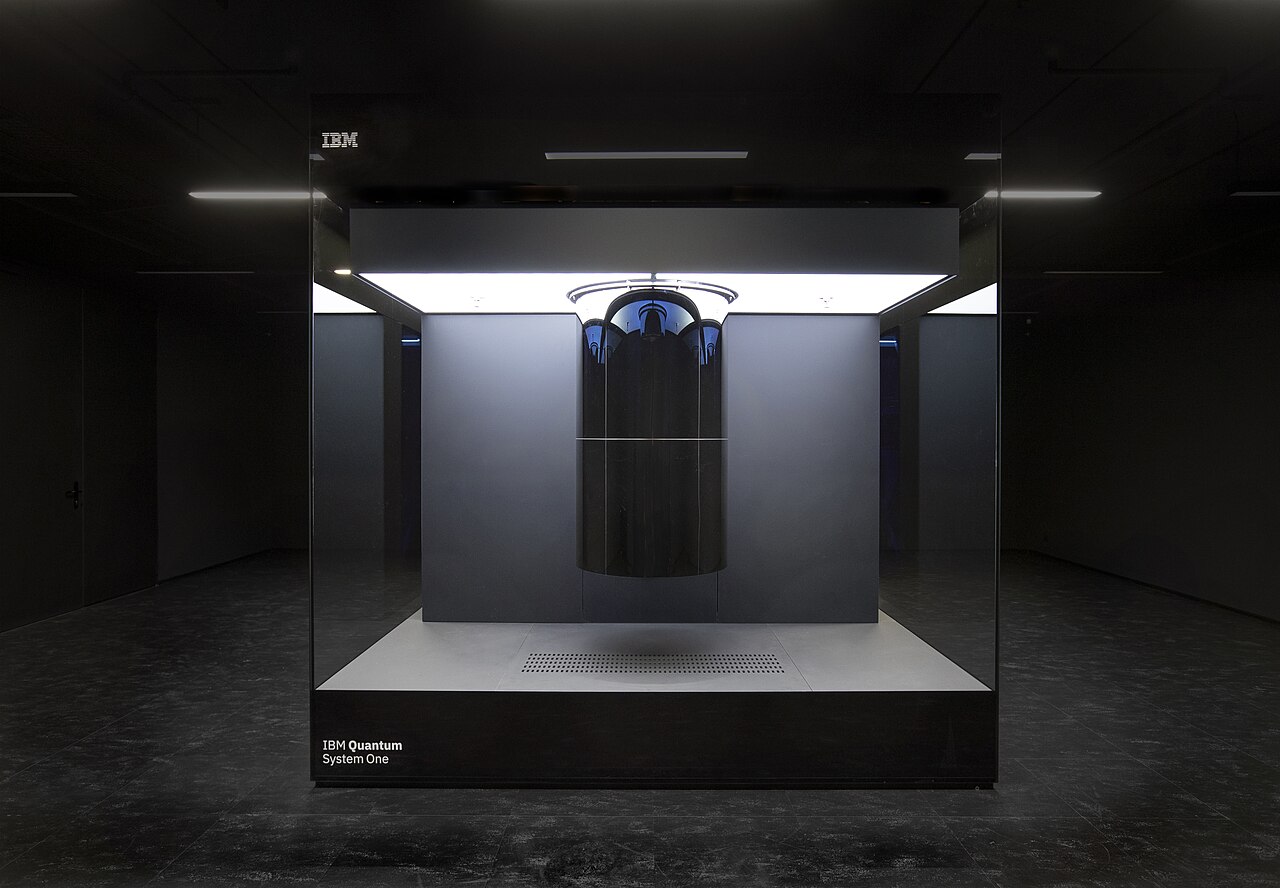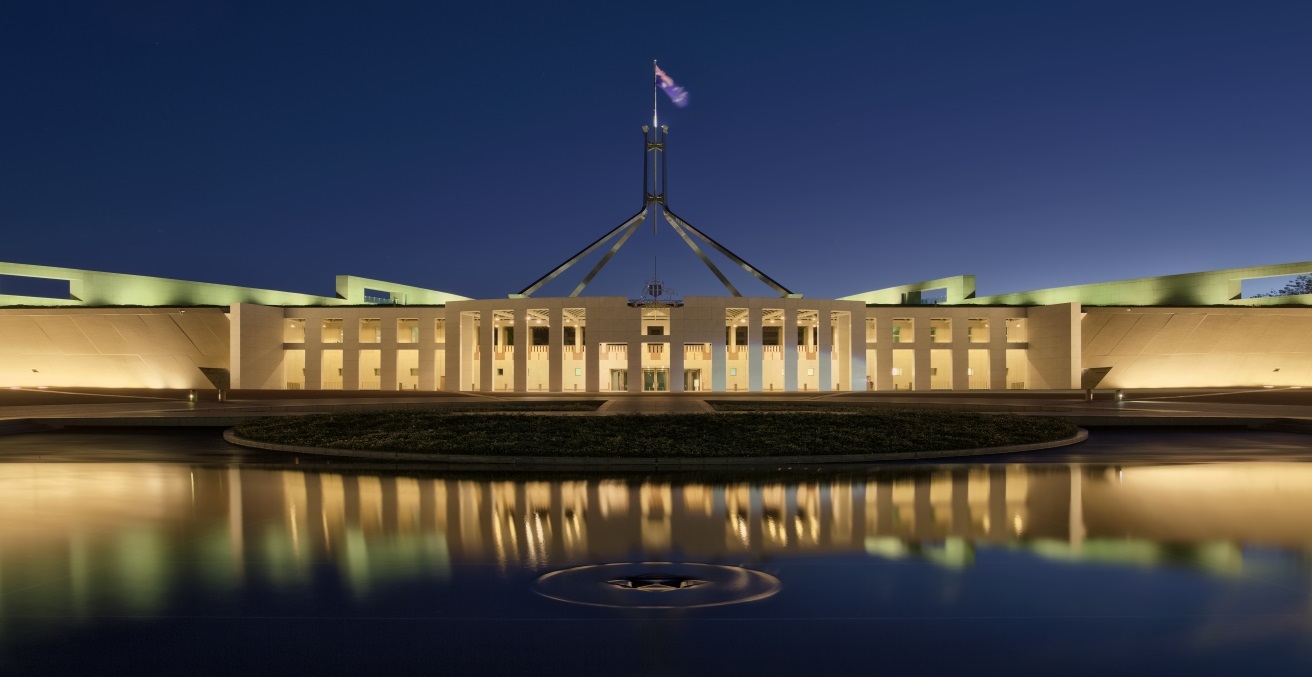Australia’s security and prosperity depend on open skies and sea lanes, but Taiwan’s exclusion from major international organisations creates dangerous gaps in regional coordination. Supporting Taiwan’s participation in technical bodies such as ICAO is not a political stance, but a practical step to protect stability, trade, and safety across the Indo-Pacific.
In February 2025, an Australian P-8A Poseidon conducting a routine surveillance flight over the South China Sea encountered a dangerous close intercept by a Chinese J-16 fighter. Canberra’s formal protest underscored a reality that needs no translation for anyone in the Indo-Pacific: even in international airspace, incidents can escalate quickly, disrupting established operational norms and testing regional stability. The Taiwan Strait is one of the world’s busiest sea lanes: studies indicate nearly half (around 44–50 percent) of the global container fleet transited it in 2022, and about 88 percent of the largest ten percent of vessels use this route. When live-fire drills or ad hoc exclusion zones appear, carriers reroute and schedules slip—uncertainty and costs climb across the region. Australia’s 2023 Defence Strategic Review warned precisely of such “grey-zone coercion,” identifying it as one of the fastest-growing threats to Australia’s maritime approaches.
Such encounters are not isolated. In August 2022, following the visit of US House Speaker Nancy Pelosi to Taipei, the PRC declared large exclusion zones around Taiwan and staged four days of military exercises. Hundreds of international flights—including Australia–Asia services—were rerouted or cancelled. Flight times lengthened by up to an hour, driving up fuel and crew costs. Shipping delays at Taiwan’s ports underscored how quickly disruptions ripple through global trade flows. For a trade-dependent nation like Australia, with over 70 percent of containerised exports bound for North and Southeast Asia, these events are not someone else’s problem. The lesson is clear: disruption in and around Taiwan flows directly into Australia’s economy.
At the centre of these disruptions is a missing voice in the international system: Taiwan’s. Its exclusion from key organisations—often justified by a misreading of UN General Assembly Resolution 2758—leaves gaps in coordination that affect not only its 23 million people, but the entire region. Passed in 1971, Resolution 2758 determined which government would hold “China’s” seat at the UN. It did not state that Taiwan is part of the People’s Republic of China, nor authorise Beijing to represent Taiwan. The word “Taiwan” does not appear in the text. Clarifying this point does not require, nor imply, a change to Australia’s one-China policy, yet the misinterpretation has barred Taiwan from technical bodies like the International Civil Aviation Organisation (ICAO), where its expertise could enhance safety and efficiency for all.
Membership in international organisations brings responsibilities as well as rights. A responsible regional actor should observe international law and honour the conventions it has signed. Yet in the Indo-Pacific, we have seen behaviour that undermines these norms—from unilateral sovereignty claims in the South China Sea to actions that restrict freedom of navigation and ignore the security interests of neighbours. By contrast, Taiwan has repeatedly shown that it is prepared to contribute constructively. During the COVID-19 pandemic, its transparent reporting and donations of medical supplies supported global health responses, despite being excluded from the World Health Assembly.
Australia has a direct stake in this issue. Both Australia and Taiwan are outward-looking, trade-driven economies dependent on open sea lanes and stable air corridors. Taiwan is also Australia’s seventh-largest export market, a vital partner for LNG, beef, and education services, while serving as a critical node in semiconductor supply chains that underpin Australia’s digital economy. In practical terms, when Taiwan is shut out of technical organisations such as ICAO or the International Maritime Organisation (IMO), the gaps in coordination do not stop at the Taiwan Strait—they extend to every country reliant on these systems, including Australia.
Taiwan’s approach has been consistent: maintain the status quo, reject unilateral change, and contribute to regional stability. Supporting its meaningful participation in technical UN agencies is not a zero-sum choice between Taipei and Beijing. Australia’s one-China policy already allows for substantive engagement with Taiwan while recognising the PRC. In 2013, Taiwan attended the ICAO Assembly as a guest of the Council President, contributing without controversy. The precedent is clear: constructive participation can coexist with political sensitivities.
For Australia, ensuring Taiwan has a seat at the table is not an act of charity; it is strategic foresight. Inclusivity strengthens the very system that safeguards our prosperity and security. In an Indo-Pacific where disruptions spread quickly, reinforcing the rules-based order is not a distant diplomatic cause—it is a matter of national interest.
Ray Ming-Tse Lu is director general of the Taipei Economic and Cultural Office in Melbourne. He is a Taiwanese diplomat currently serving in Melbourne, focusing on Indo-Pacific and regional security affairs.
This article is published under a Creative Commons License and may be republished with attribution.





